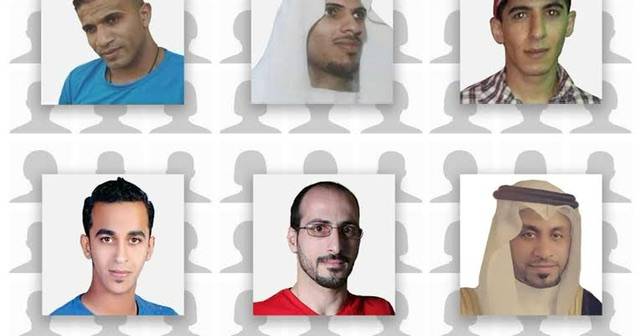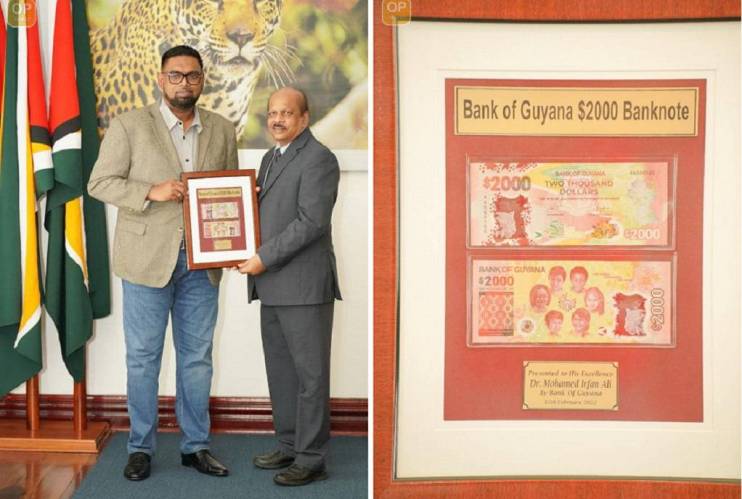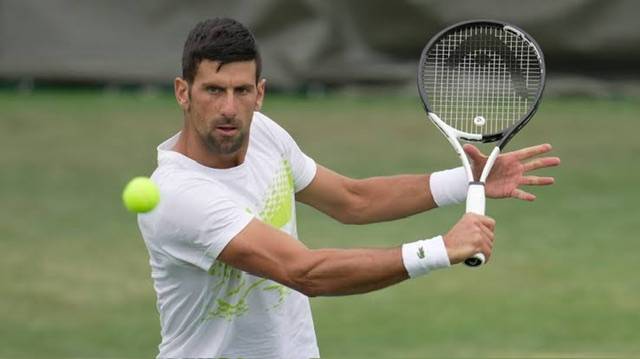Saudi Arabia’s Secretive executions leave families in the dark

Mustafa al-Khayyat's family did not notice that he was about to be killed.
They still have no body to bury. No grave to visit. The last they heard from him was a phone call from prison, and he signed off with these words to his mother: "Alright, I have to go. I'm glad you're OK."
Neither had any inkling that it would be the last time they spoke.
A month later, Mustafa died - one of 81 men killed on 12 March 2022 in the largest mass execution in modern Saudi history.
Mustafa's name is on a long and growing list put together by the campaign group Reprieve - which, along with the European Saudi Organisation for Human Rights, has been meticulously documenting Saudi executions for a new report.
Based on data collected since 2010, their study has found that:
Reprieve documented 147 executions in Saudi Arabia last year, but says there could well have been more. It also says the country has "disproportionately" used the death penalty against foreign nationals - including female domestic workers and low-level drug offenders.
Nearly a year on, officials haven't told Mustafa's family how he and the others were executed. His older brother, Yasser, says it has been a tragedy for the families.
"We don't know whether they were given a decent burial or thrown in the desert or in the sea. We've no idea."
Yasser is speaking publicly for the first time. He now lives in Germany, where he has been given political asylum after fleeing Saudi Arabia in 2016, fearing the same fate suffered by his brother.
Yasser says his brother was "fun, sociable, and popular". Since 2011, Mustafa took part in daily demonstrations - led by the country's Shia minority - against the Saudi government.
He was detained in 2014. After his death, an official announcement said that he, along with 30 others, had been executed for the same string of offences - including attempted murder of security personnel, rape, robbery, bomb-making, stirring up strife and spreading chaos as well as trading in weapons and drugs.
"They never provided any evidence. This lie cuts very deep," explains Yasser - who says his brother was still trying to appeal his conviction when the authorities executed him and the 80 other men.
"Not only did they take their lives, they intentionally maligned them and accused them of things they've not done."
After rising to power, Crown Prince Mohammed bin Salman, Saudi's de-facto ruler, promised to modernise the Kingdom - and suggested in an interview in 2018 that his country, a key Western ally, was trying to "minimise" its use of the death penalty.
But, nearly five years on, Saudi Arabia remains one of the world's most prolific executioners - despite a lull that coincided with Saudi Arabia's presidency of the G20 and the start of the Covid pandemic.






0 Comment